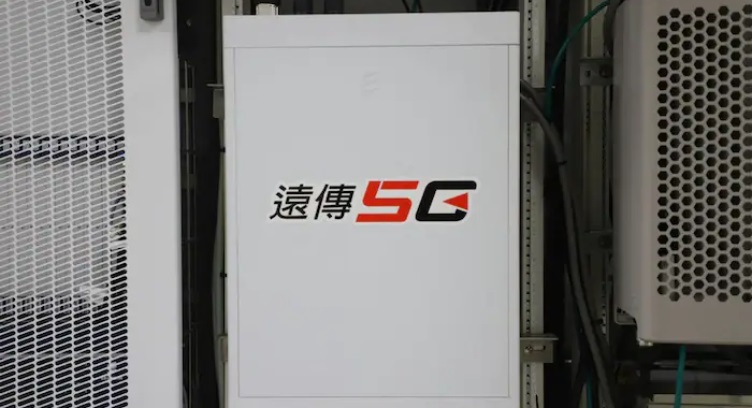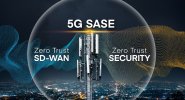Taiwan’s leading operator Far EasTone (FET) has partnered with Ericsson in e-waste disposal and management by signing up for the Ericsson Product Take-Back Program, which was established in 2005 to minimize the potential environmental impact associated with the disposal of decommissioned electrical equipment. The program is available in 180 countries.
The program handles obsolete technology hardware with the highest international industry standards through the collection, decommissioning, transportation, and recycling of materials. It successfully creates a circular economy that turns wastes into resources, with more than 98 percent of the material content being recycled. This results in a significant reduction in landfill waste, which is far better than the expected reduction target range set by the Waste Electrical and Electronic Equipment Directive (WEEE Directive).
FET is the first CSP in Taiwan to participate in Ericsson's Product Take-Back Program.
Putting environmental, social, and governance (ESG) criteria the center of the business, FET started to participate in Ericsson's Product Take-Back Program with NCC’s patronage in April this year to recycle expired electrical equipment. The majority of the equipment came from radios operating in the 3G 2,100Mhz band and 4G 700Mhz band. The action in turn will trigger FET network modernization by upgrading to Ericsson’s latest energy-optimizing portfolio, which could enable a reduction in power consumption of up to 50 percent under similar conditions, compared with the replaced ones.
With the support of customers and governments, Ericsson has recycled equipment totaling more than 8,800 metric tons worldwide in 2021 through the Ericsson Product Take-Back Program. The program is part of Ericsson’s sustainability strategy where the impact is taken on a holistic view under climate action. Ericsson has set a long-term ambition to be “Net Zero” across our value chain by 2040. Ericsson is working toward a first major milestone to cut emissions by 50 percent in the supply chain and portfolio by 2030 and be Net Zero in our own activities at the same time.
Chee Ching, President of Far EasTone Telecommunications
With B.A.I (big data, AI, IoT) technology, we have implemented a low-carbon policy in our ICT solutions, mobile services and own operations. For instance, AI-enabled site selection has demonstrated that we can establish a high-performing network while reducing carbon emissions with fewer sites. As we put sustainability at the core of everything we do, we are delighted to join Ericsson in taking a circular approach for the creation of a sustainable future for generations to come.
David Chou, President, Ericsson Taiwan
At Ericsson, we use a life-cycle approach towards product design to ensure that we address environmental aspects like responsible materials selection and effective resource use, as well as efficient reuse and recycling. Product takeback schemes aim to help us fulfill our obligations to offer our customers a complete takeback service that includes secure data destruction. It aims to minimize the environmental impact of our products and ensure that products are handled with high environmental standards. It is our pleasure to partner with FET to enable responsible business together.






















